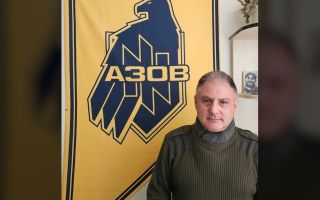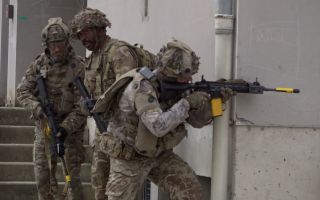Counter-Terrorism Police Investigate Russian Ex-Spy Nerve Agent Attack
Picture: Police near to where former Russian double agent Sergei Skripal was found critically ill (PA Image)
Counter-terror police are working to unravel what is believed to be a sophisticated chemical weapon plot targeting a Russian spy and his daughter.
A nerve agent was used to critically injure Sergei Skripal, 66, and 33-year-old Yulia in Salisbury, Wiltshire, on Sunday.
One of the first police officers to arrive at the bench where the pair were slumped is also seriously ill in hospital.
The police officer injured in the attack has been named as Sergeant Nick Bailey.
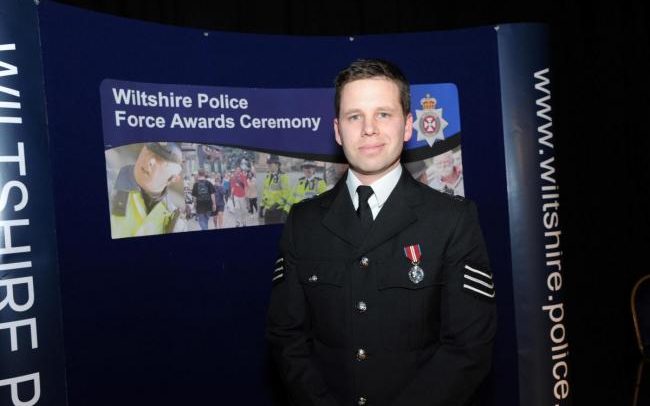
It remains unclear who is responsible for poisoning the pair, but the attack has stoked tensions between Britain and Russia amid suspicions of state responsibility.
Home Secretary Amber Rudd, speaking in the House of Commons, called the attack:
"A reckless and brazen act".
Assistant Commissioner Mark Rowley, the head of counter-terrorism policing, confirmed the case is being treated as attempted murder and the pair had been "targeted specifically".
Government scientists at Porton Down have identified the nerve agent used but this information would not currently be made public.
Mr Rowley;
"Having established that a nerve agent was the cause of the symptoms, leading us to treat this as attempted murder.
"Our role now, of course, is to establish who is behind this and why they carried out this act."
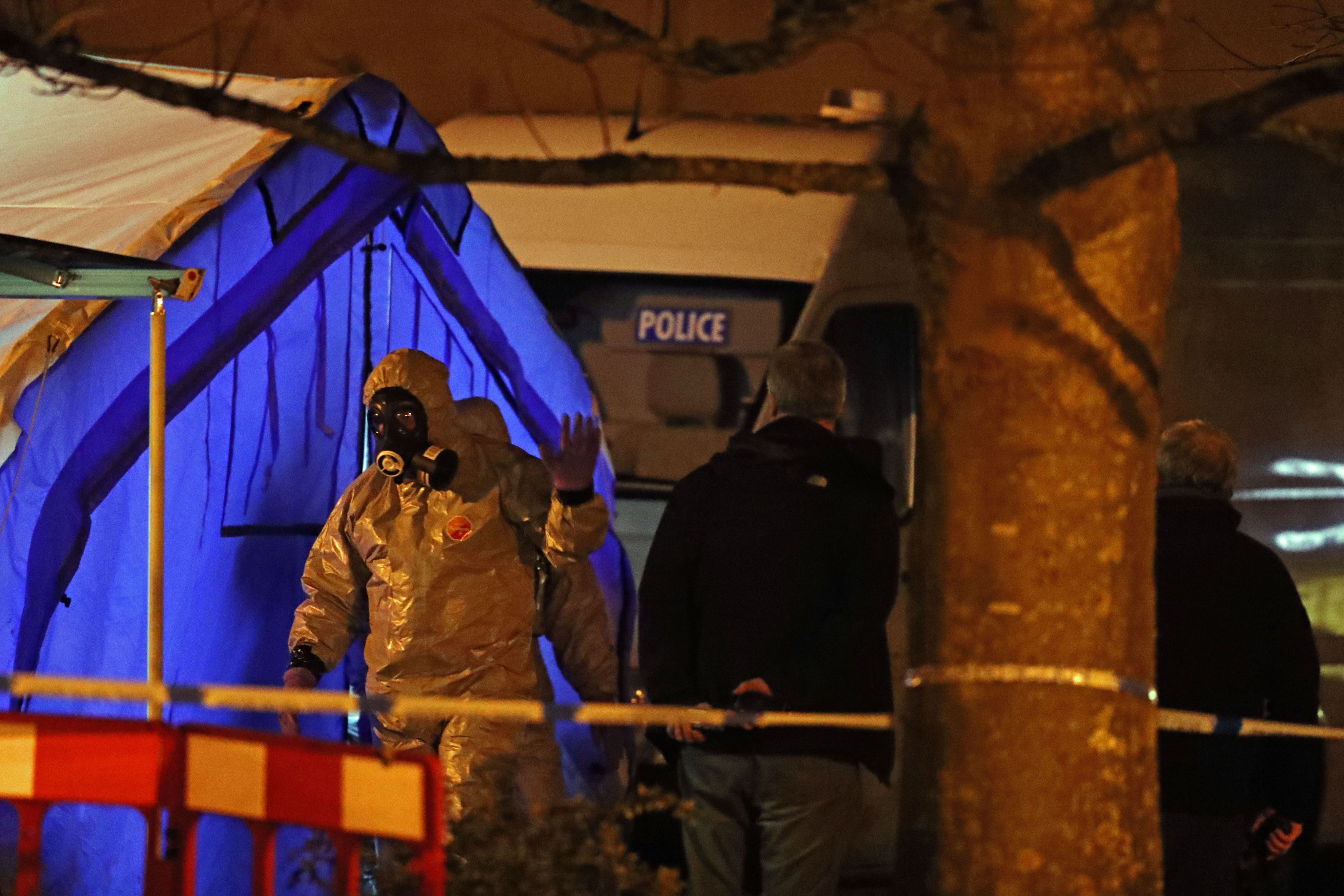
The case has drawn comparisons to the poisoning of former Russian intelligence officer Alexander Litvinenko on British soil in 2006.
Nerve agents, which are chemical weapons, have been used in assassinations and attacks in war zones in recent years.
Kim Jong Un's half-brother Kim Jong Nam was killed at an international airport in Malaysia last year in an attack using a nerve agent known as VX.
Another well-known nerve agent, sarin gas, killed more than 90 people in a rebel-held area in Khan Sheikhoun, Syria, drawing international condemnation of the Bashar Assad regime.
Access to such toxins are tightly regulated, meaning the Salisbury plot would have taken considerable planning to execute.
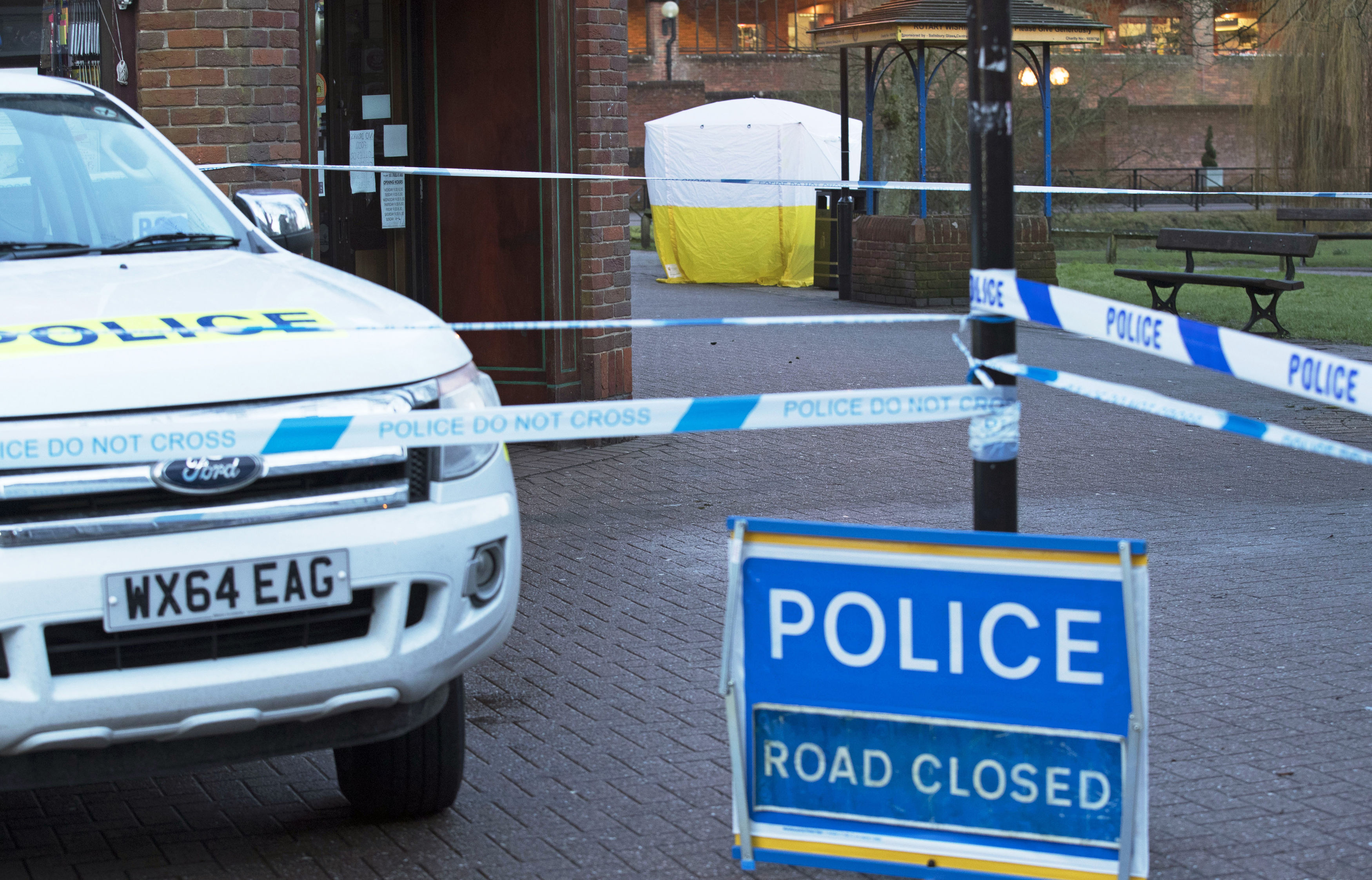
Hamish de Bretton-Gordon, a former commanding officer of Britain's Joint Chemical, Biological, Radiological and Nuclear Regiment, told the Times: "This is not the stuff you can knock up in your back shed.
"It is quite challenging to make. The inference is that this has probably come from a major laboratory, probably state-run."
Mr Rowley reiterated his appeal for anyone who was in Salisbury city centre on Sunday to come forward to help with the "missing pieces" in the case.
Dame Sally Davies, the chief medical officer, said the incident posed a "low risk" to the public and advised that all the sites the pair were known to have visited had been "secured".
Public Health England later confirmed it had contacted all first responders who had attended the scene.
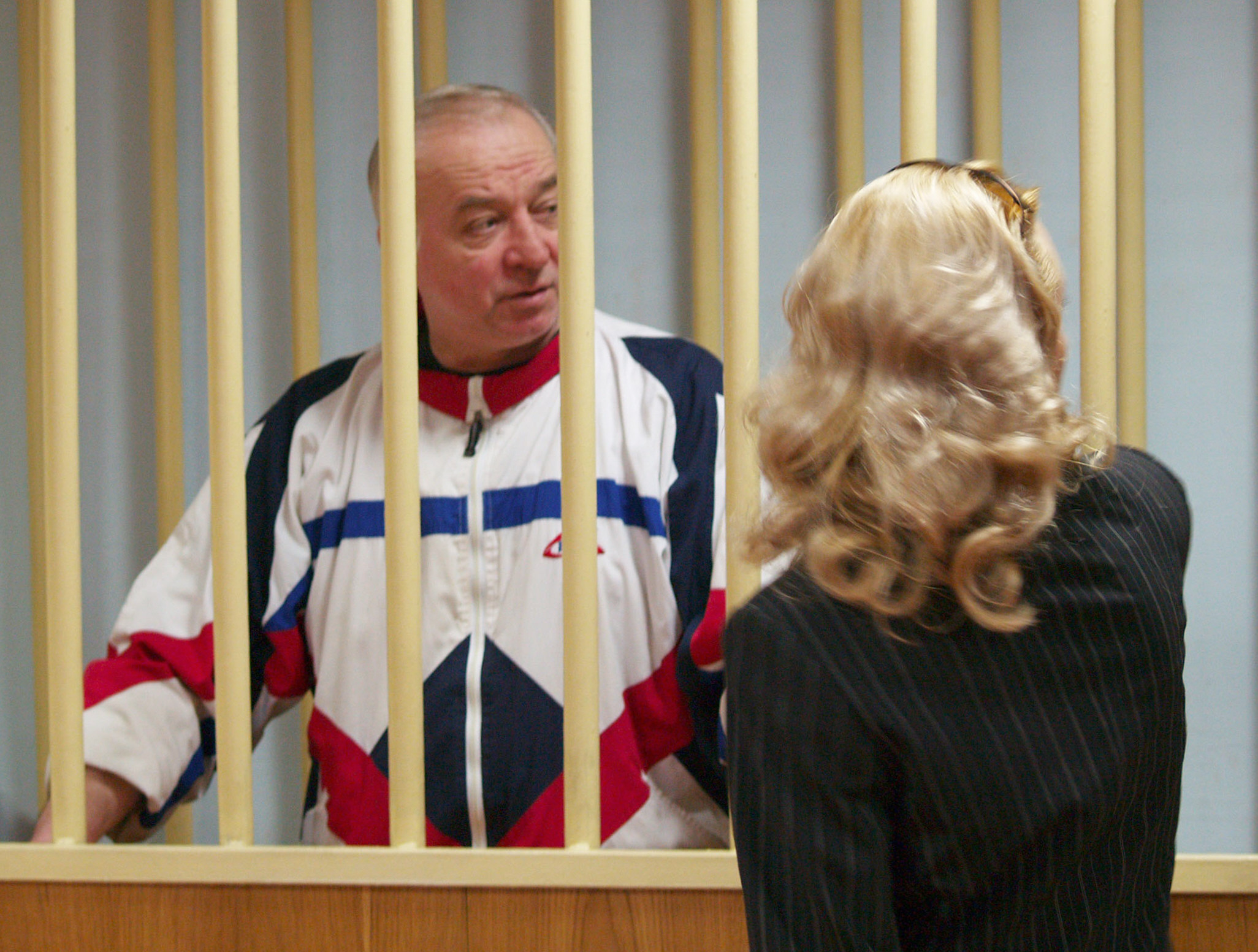
Russia have denied responsibility for the attack, which comes seven years after Mr Skripal was released from the country as part of a spy swap with the US.
He had been convicted in his home country in 2006 for passing state secrets to MI6.





